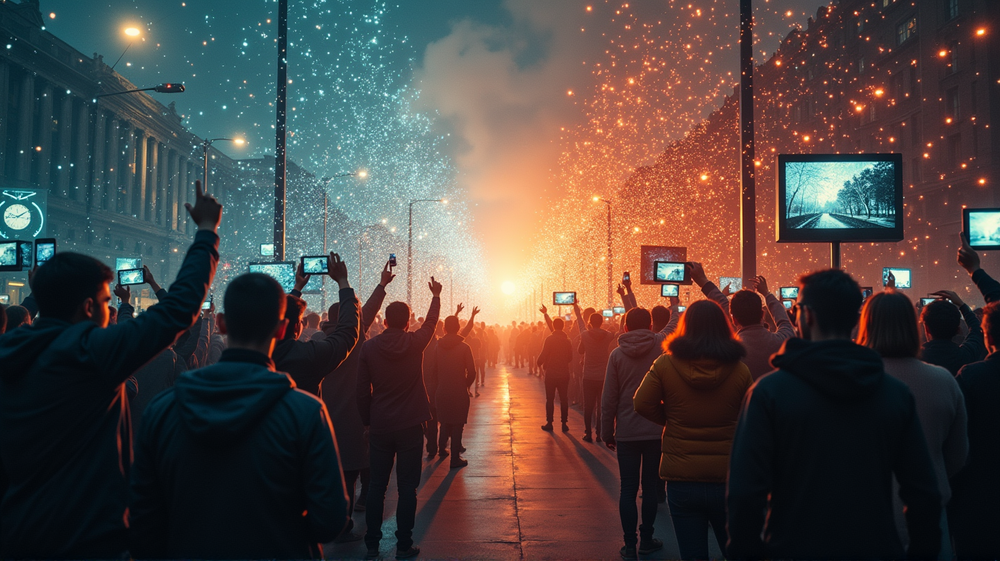How Trust in Government Influences Your News Choices During Conflict
In a world teeming with information, what makes you trust one source over another, especially when violence casts a shadow over your reality? This question stands at the heart of recent research conducted by Professor Seden Akcinaroglu from Binghamton University, shedding light on the ties between government trust and media consumption during times of violent conflict.
Following the Threads of Trust
Research focusing on the conflict between the Turkish government and the Kurdistan Workers’ Party (PKK) reveals that citizens’ media choices often hinge on their perception of governmental efficacy. When governments tighten their grip on mainstream media, alternative avenues such as social media become havens of diverse information — but trust plays a pivotal role in where eyes land.
The Role of Violence in Media Trust
Surprisingly, mere exposure to violence doesn’t sway citizens towards non-regime media by itself. Instead, it’s when citizens perceive state failure in protection that they start questioning and seek alternatives beyond the state’s narrative. This nuanced media trust exposes the puzzle where, regardless of who perpetuates the violence, the state’s failure looms larger in the eyes of its people.
The Social Media Spectrum
The appeal of social media lies in its untethered narratives, providing a platform for both government supporters and skeptics to broadcast views. Yet, the skepticism of traditional outlets often amplifies the voices of younger and more cynical citizens who turn to online venues. Even so, effective state response can sway individuals back toward traditional channels.
Beyond Borders and Conflicts
The scope of this framework transcends Turkey and highlights how, in any nation grappling with information scarcity or skewed narratives, citizens’ trust in government plays a crucial role in shaping media consumption trends. Whether it’s during a pandemic or under a polarized political landscape, media literacy becomes indispensable in discerning credible sources amidst noise.
Literacy and the Information Landscape
As Akcinaroglu emphasizes, a keen eye towards credible information harnesses the power to influence events and decisions profoundly. In understanding these dynamics, citizens can navigate the labyrinth of modern media effectively, choosing narratives that reflect, rather than distort, their reality.
Ultimately, the interplay of government trust and media choice is a telling indicator of the broader socio-political fabric, a narrative woven deeply with threads of trust and skepticism. As these findings echo across democratic and authoritarian landscapes alike, they underline the subtle yet profound impact of perception in our media-saturated world. According to Newswise, this study provides crucial insights into the complex relationships between trust, media, and governance.




